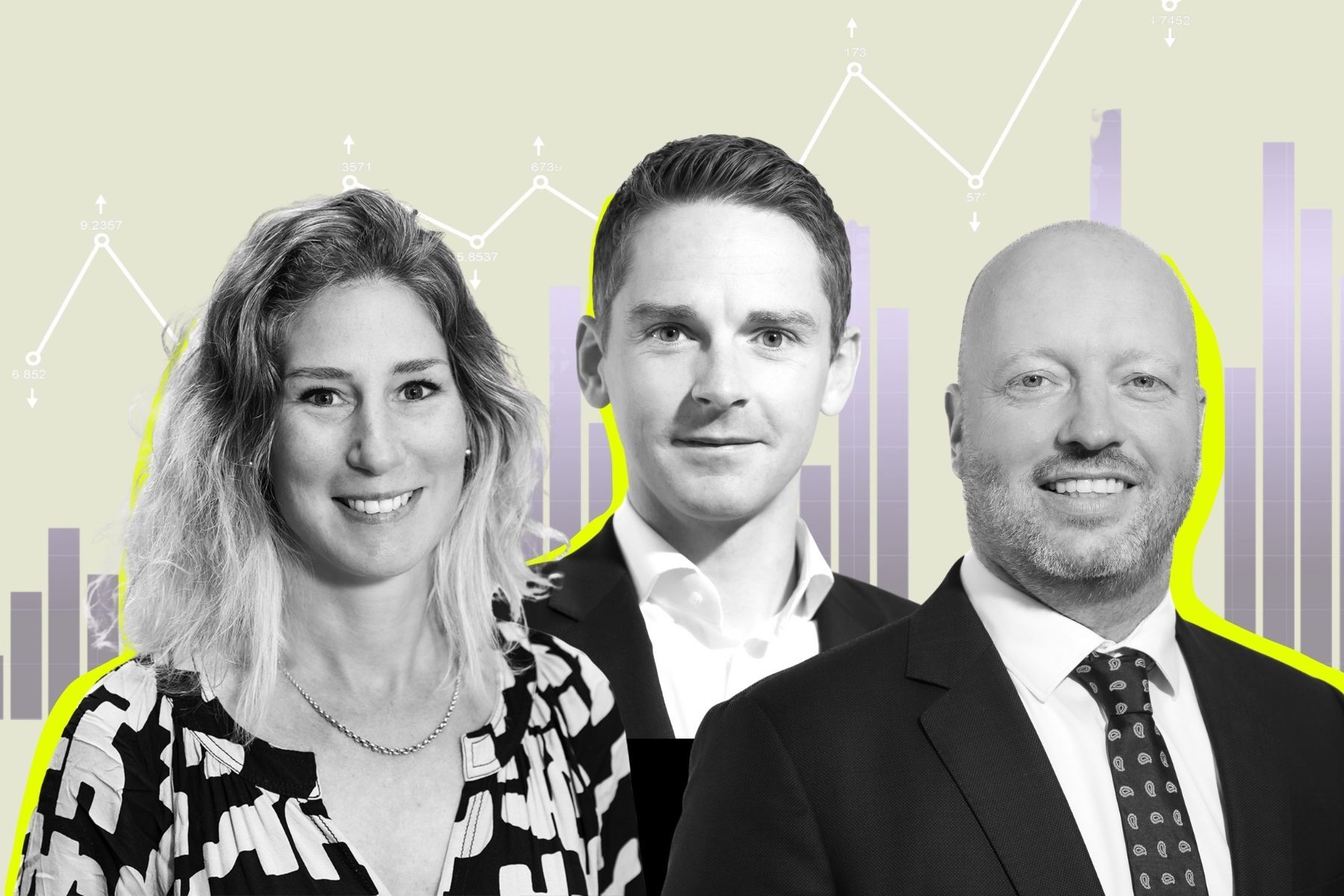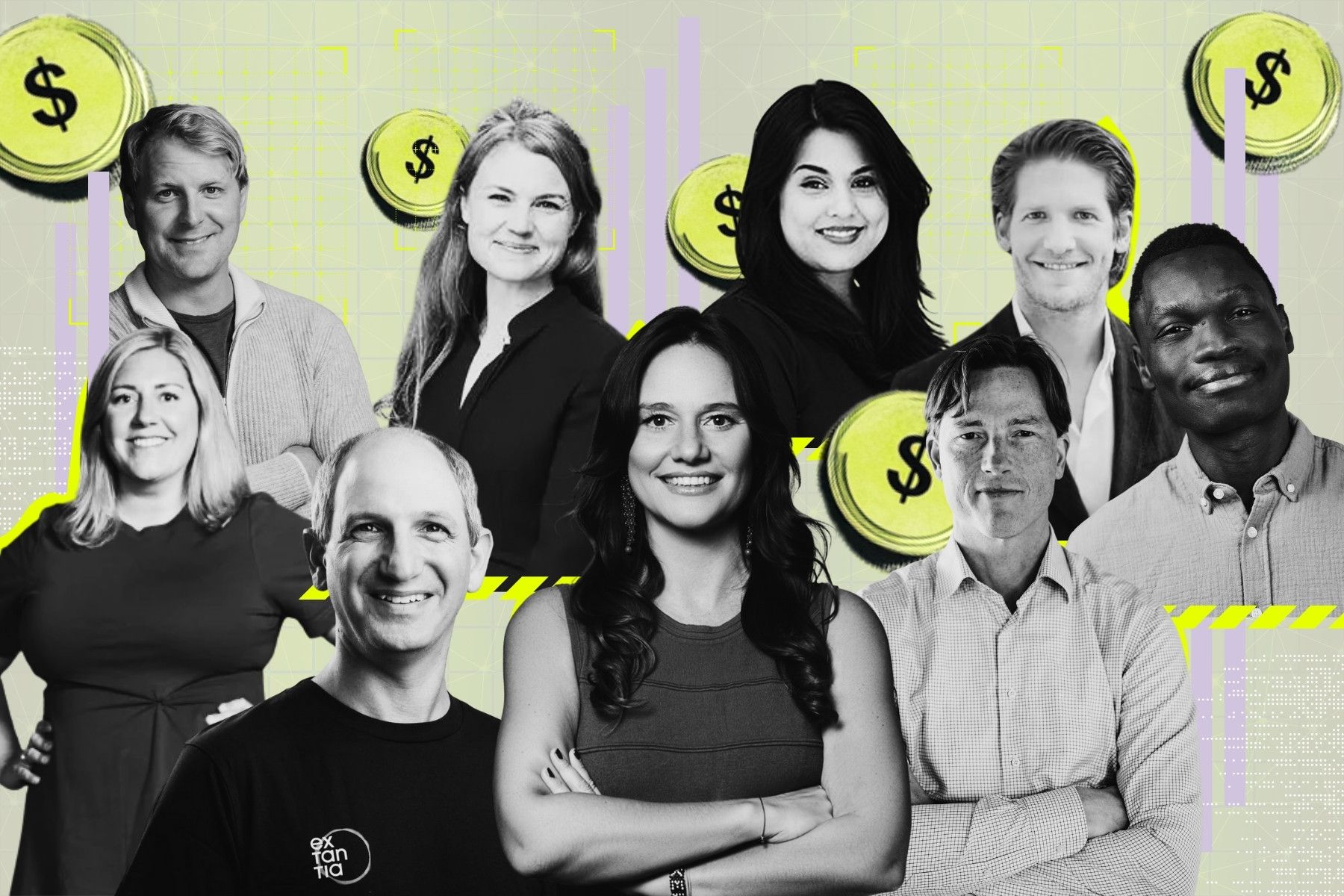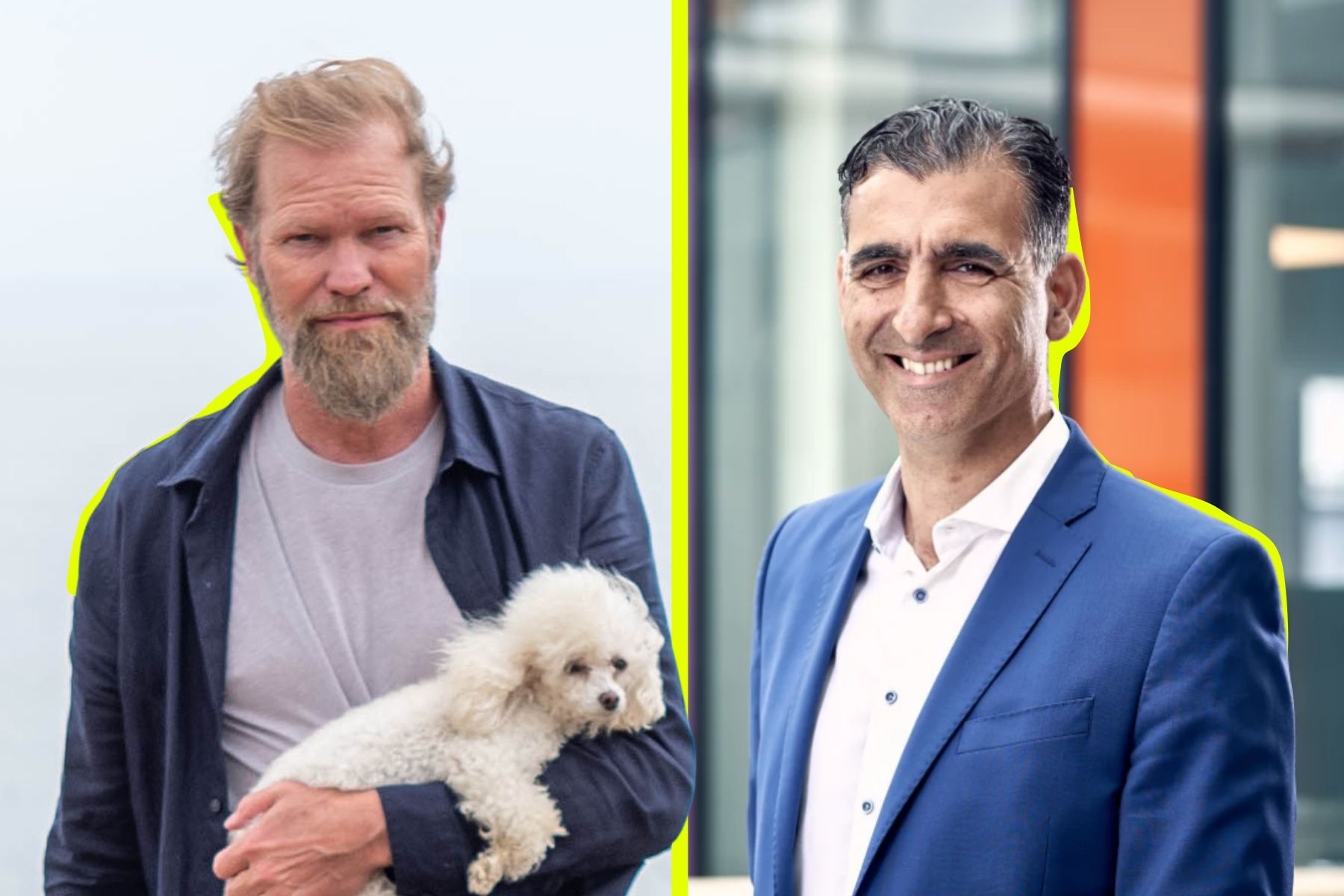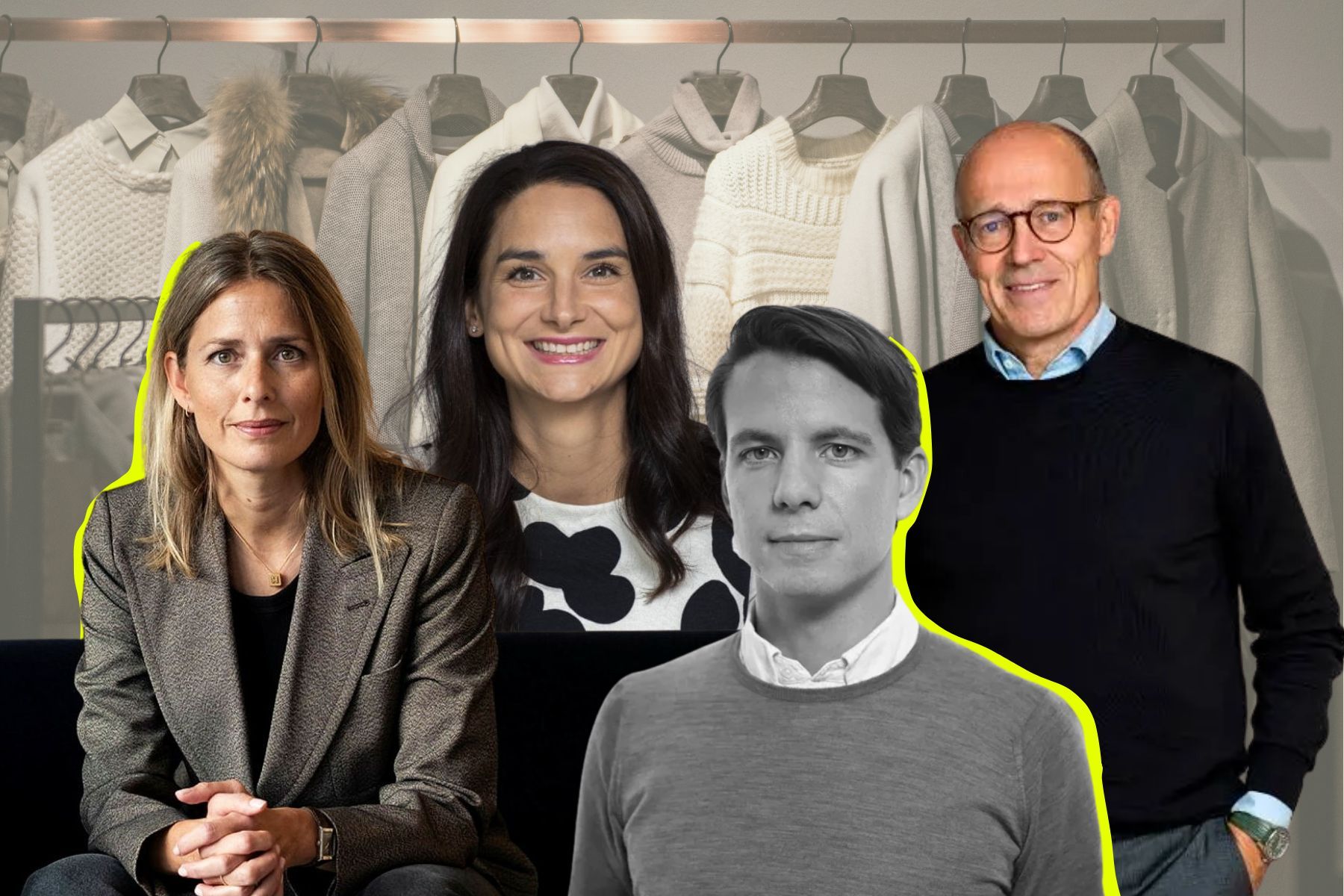'We’re taking Europe for granted' – is the EU startup scene ready for a comeback?

Europe has been trailing the US for several years when it comes to startup innovation, growth and scaling. Does it always have to be this way?


It is common to see business commentators pointing to Europe’s ‘decline’ in start-up growth and innovation in recent years, particularly since the halcyon days of 2020 and 2021. Energy shocks, political turbulence and a land war, among many other things, have seen investors largely putting their wallets away and looking for safer bets rather than moonshots.
Investors around Europe who spoke with Impact Loop for our 2025 lookahead (which you can still catch here) were optimistic about the amount of capital they see being raised for deployment this coming year, but it can’t be ignored that the picture at the end of 2024 was dispiriting.
From overall funding amounts to the rate of European startups going ‘unicorn' and the number of first-time founders in Europe, the continent appeared to be on a downward trend.
Silicon Valley has been the leading light
This apparent decline in Europe is often set against what is seen as a ‘boom’ in startup founding and growth in the US since the pandemic. The Americans have been outshining Europe on all these metrics in recent years, and are also far ahead in terms of research and development expenditure.
Certainly Silicon Valley has always been the leading light in start-up culture, and after a decade of challenge from Europe, it does feel like the US is reasserting its hegemony.
After a decade of challenge from Europe, it does feel like the US is reasserting its hegemony
But is it always going to be like this? Amid this landscape, a young founder from Germany has taken to LinkedIn to take something of a swipe at the US-dominance narrative. Leon Sandner, who is building his AI-backed digital content creation tool Publyc, laid out his thoughts in a Linkedin post a few days ago, which has since gone viral.
"Everyone's talking about Europe's decline," wrote Sandner. But, he said, "we're taking Europe for granted."
US is merely a stop on the way
While certainly anecdotal rather than data-driven, his reasons for optimism are interesting. Having spent four months in Silicon Valley, he reports a feeling among the European founder community there that the US is merely a stop on the way to flourishing back home, rather than an end-goal in itself.
"They want to 'make it' there, learn from the best, but ultimately return to Europe," wrote Sandner.
He goes on to outline the various reasons he thinks the European mindset and infrastructure are ideal for a vibrant startup ecosystem. From the quality of life, to strong public safety nets and cities designed with humans rather than raw commerce in mind, Sandner sees lots of reasons for optimism.
"You can't sustainably build the future while sacrificing many things that make life worth living."
He does, however, outline a number of things he thinks need to change for Europe to harness its true potential. Chief among them is what could be summed up as a need for more confidence. Europe is too risk-averse, he argued, not bold enough and not as willing to embrace big ideas and moonshot projects.
Europe – too risk-averse?
These comments resonate with a lot of what investors and founders have told me, suggesting that the building blocks for future growth and innovation are there but there is still work to be done.
One startup founder in Paris told me that what he sees in his milieu is a strong shift in mindset among young people coming out of business school. Where they used to aspire to land a job at a prestigious company like L’Oréal or Sanofi, these young graduates are now chasing the prestige of building their own companies.
That said, this founder also agreed with something Leon Sandner highlighted in his post, that too often European VCs are more risk averse than their American counterparts. In particular, he said he often sees a big drop-off in enthusiasm between the early Seed and Series A funding rounds and the latter scale-up rounds at Series B, C, etc.
Too often European VCs are more risk averse than their American counterparts
This chimes with something German investor Hannes Tamme told me for our 2025 round-up. He said he’s not sure how much European startups will be able to scale up in the coming years, among investor reticence and a lot of political instability.
"We still have a bit of a growth problem in Europe. Growth funding, anything after series A, still remains a tough topic," said Tamme.
Strong state backing
One thing that sets Europe apart, of course, is strong state backing for innovation, particularly in light of concerns over national sovereignty and self-reliance. Here in France, the publicly-funded France 2030 and French Tech Next40/120 programmes are plowing funding and support into the next generation of startups.
At the EU-level, there are similar initiatives in the works to build up the continent, including a €1.4bn fund to help deeptech startups – a sector with a lot of enthusiasm here – get over that scale-up hurdle.
With pivotal elections looming in several countries this year, as well as deep political turbulence in many, it's quite possible private investors and VCs will continue to be cautious wading in with their own funds.
But at the very least, this post from young founder Leon Sandner, not to mention the huge positive response it generated, signals there's still plenty of energy here.
"We don't need to abandon Europe to build great things," wrote Sandner. "We need to build great things to make Europe even greater."
Get full access to Europe's new platform for impact news
- Quality journalism, interviews, investor profiles and deep-dives
- Daily newsletter with top stories, latest funding rounds and roundup to keep you in the loop
Keep reading – get in the loop!
- Håll dig i loopen med vårt dagliga nyhetsbrev (gratis!)
- Full tillgång till daglig kvalitetsjournalistik med allt du behöver veta inom impact
- Affärsnätverk för entreprenörer och investerare med månatliga meetups
Fortsätt läsa – kom in i loopen!
- Håll dig i loopen med vårt dagliga nyhetsbrev (gratis)!
- Full tillgång till daglig kvalitetsjournalistik med allt du behöver veta inom impact
- Affärsnätverk för entreprenörer och investerare med månatliga meetups








